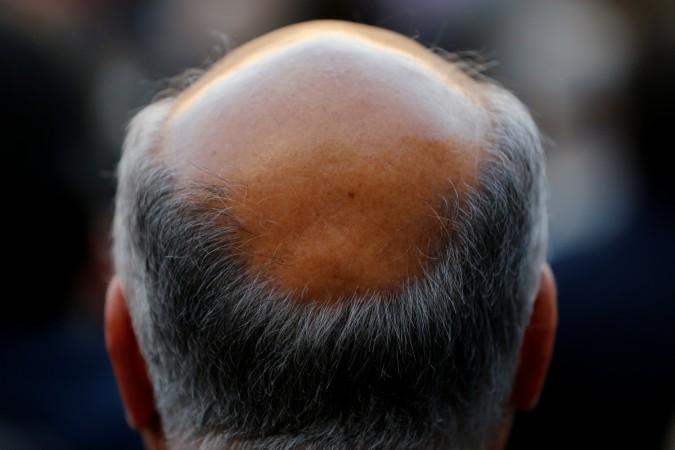
All your worries regarding baldness might be over soon as researchers have created "hairy skin" in the laboratory for the first time.
A group of researchers of Indiana University School of Medicine has grown both the upper and lower layers of skin using mouse stem cells.
Also read: Going bald? It may increase your risk of developing heart disease, reveals a study
Both the epidermis (upper) and dermis (lower) of skin have been developed in the lab. They help in developing hair follicles, and they grow in the same way in a mouse's body.
According to the research, which was originally published in Cell Reports, the skin the researchers developed grew a variety of hair follicle types similar to those present naturally on the coat of a mouse.
Karl Koehler, an assistant professor of otolaryngology at the Indiana University School of Medicine, claimed the new technique could be used as a blueprint to generate human skin replicas in future, which would help create human hair follicles.
"You can see the organoids with your naked eye," said Koehler. "It looks like a little ball of pocket lint that floats around in the culture medium. The skin develops as a spherical cyst, and then the hair follicles grow outward in all directions, like dandelion seeds."
To create tiny versions of real organs called "organoids," Koehler originally began using mouse stem cells, which can develop any kind of stem cell in the body.
He said: "It could be potentially a superior model for testing drugs -- or looking at things like the development of skin cancers, within an environment that's more representative of the in vivo microenvironment."
After discovering that the stem cells they have used can theoretically turn into any organ, Koehler and his team tried to create tiny versions of the inner ear to treat deafness.
Moreover, they discovered that mouse skin organoid technique could be used as a blueprint to generate human skin organoids.
Hence, the scientist is now aiming to discover new ways of in-vitro hair development , as noted by Medical Xpress.

















